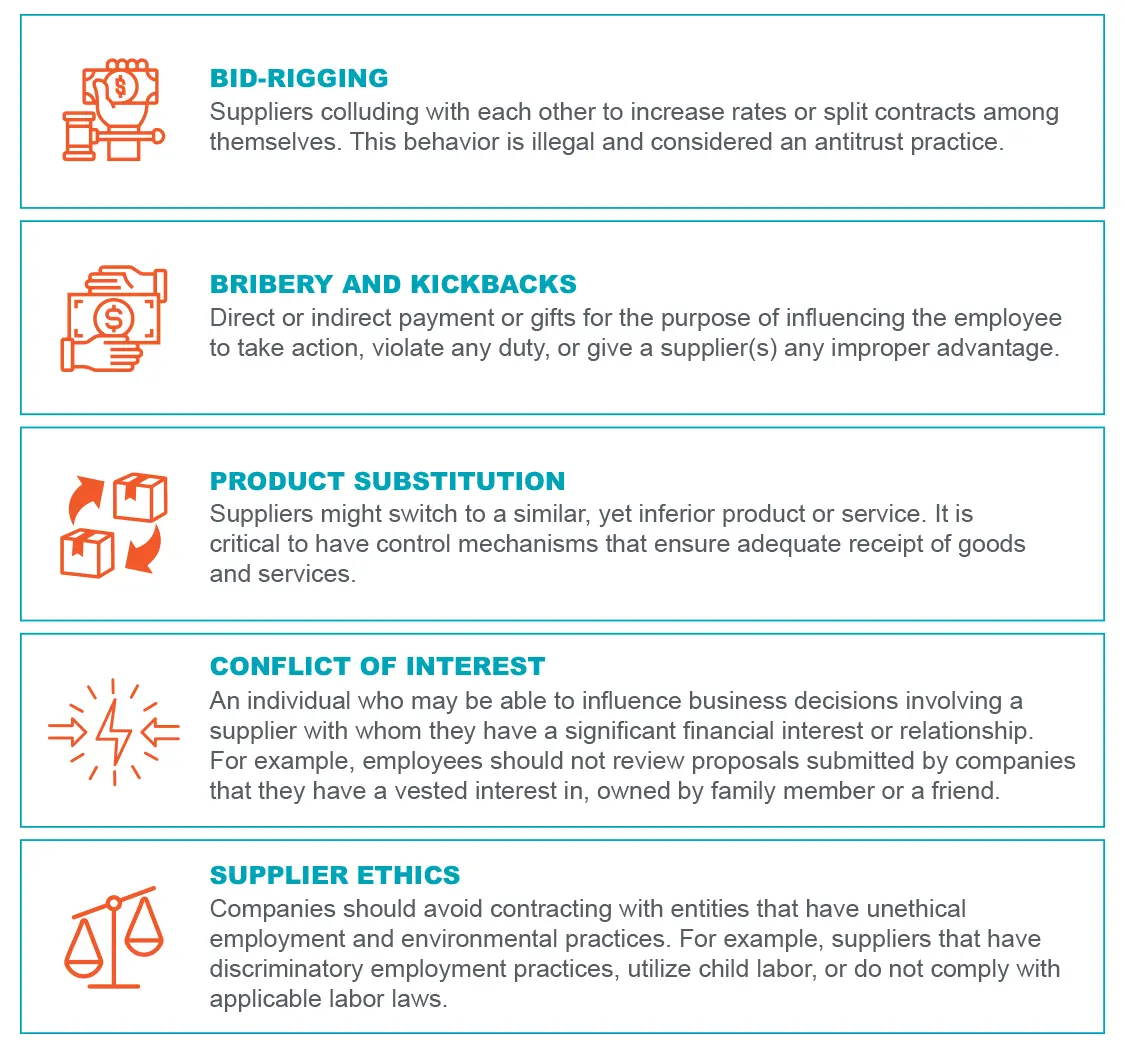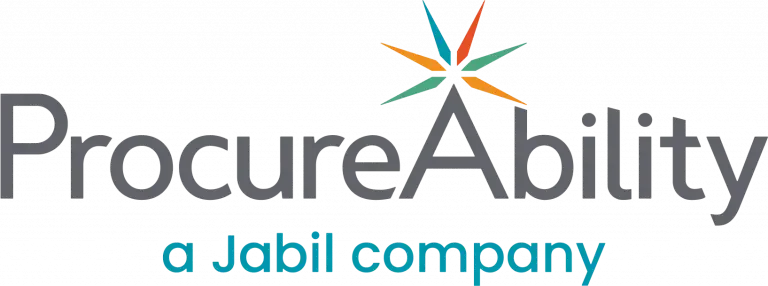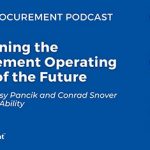
In today’s fast-paced and increasingly complex corporate environment, procurement teams are trusted to make thousands of decisions that could significantly impact a company’s financial health and reputation. Most procurement teams take this responsibility very seriously and execute their roles ethically and legally; however, with such responsibility comes an increased risk of fraudulent behavior. In this blog we will cover the main types of procurement fraud, how to identify it, and how to reduce the potential for procurement fraud in your organization.
What is Procurement Fraud?
Procurement fraud can take a variety of forms, from bid-rigging to supplier ethics. Here are some of the most common, and most damaging unethical procurement practices:

How to Identify and Limit Procurement Fraud
ProcureAbility advises companies to routinely review large areas of spend and conduct routine audits of procurement decisions. Protocols must also be established to trigger governance reviews in the event of routine direct awards, change orders, project overruns, and significant increases to supplier spend. ProcureAbility recommends the following three actions to help identify and limit procurement fraud:
- Create a Governance Committee: Establish a committee that includes key stakeholders from multiple organizational units (Finance, Supply Management, IT, etc.). This committee must develop policies and safeguards that help eliminate unethical and potentially illegal procurement behavior.
- Focus on Education: Conduct periodic instructor led or self-guided training to help procurement professionals and other internal stakeholders on your company’s sourcing, ethics and compliance policies.
- Invest in Fraud Mitigation: Companies should invest in tools and technologies that enable employees to identify fraud. Employees must be challenged and incentivized to stay vigilant and to report any activity that does not adhere to all laws, regulations, and other legal requirements of the organization.
US Federal Government Oversight
In November 2019, the Department of Justice announced the formation of the Procurement Collusion Strike Force (PCSF). This coalition has since been tasked with deterring, detecting, investigating, and prosecuting antitrust crimes, including bid-rigging and other fraudulent activities that undermine competition on government procurement organizations.
In June 2021, the PCSF secured its first international indictment involving a Belgian security services company that pled guilty for bid-rigging on contracts for the U.S. Department of Defense. The Belgian company and its co-conspirators were involved in a bid-rigging scheme in which they had agreed among themselves to determine which contractor would win a specific contract and who would decline to bid. This act resulted in a guilty plea, the resignation of multiple senior officers, and an astounding $15 million fine.
Ethical procurement principles should be embraced and adopted by all companies. Placing an emphasis on education and detection can position procurement organizations to earn and maintain the trust of their stakeholders, suppliers, and regulatory agencies. Failure to comply with ethical standards could result in hefty fines and significant setbacks for a company’s public image.
Get ahead of your procurement fraud before you have any losses and schedule a consultation with ProcureAbility’s risk management team today!



